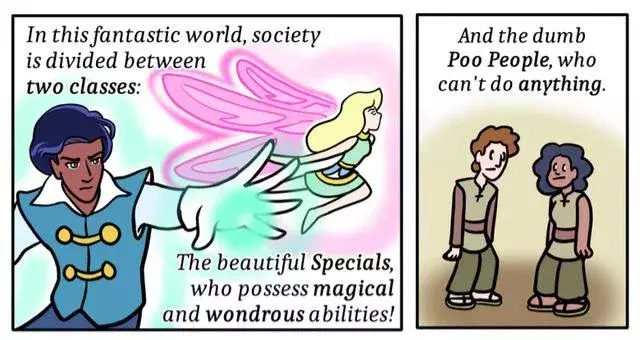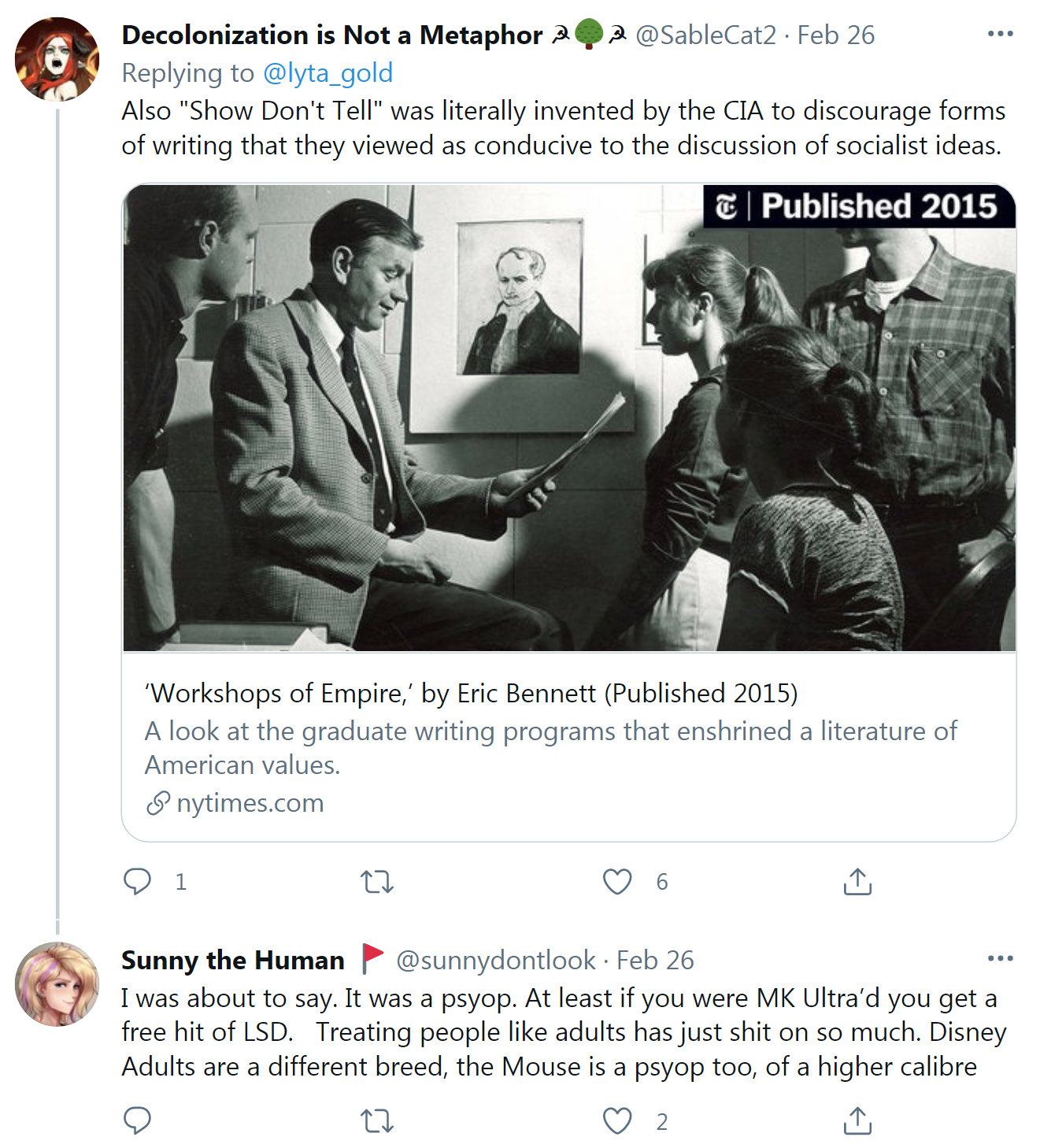This skit was written back in 2006 when I still aspired to be a sketch comedy writer. I've never shared it and forgot all about it until today. Thought maybe you guys might enjoy.
EXT. FRONT PORCH – NIGHTTIME
A single yellow-hued light illuminates the scene. In the center of frame, above a pathway and a couple of steps, is a door. A wicker wreath with a cartoonish bird holding a sign that reads “HOME SWEET HOME” hangs on the door. A bench swing is off on the right side of the porch
JOHN STOSSEL and SUSAN approach the door. Susan is leading the way but she is walking backwards, as if to guard the door.
JOHN STOSSEL
(incredulous)
The word gratuity comes from the latin: gratuitus, which means voluntary. So, how is it that a “gratuity” was automatically factored into our bill?
John Stossel air-quotes the word “gratuity”.
SUSAN
(passively dismissive)
I don’t know, John. I guess that’s just their policy.
JOHN STOSSEL
(annoyed and incredulous)
But what’s voluntary about that?! Why not charge 10 dollars for egg foo young rather than 8 dollars and 95 cents and then pass that additional income on to their servers as a taxable wage? And what if I’m not SATISFIED with the service? How do I provide FEEDBACK to my waiter if he’s automatically ENTITLED to a full tip? I mean, c’mon! Give me a break!
SUSAN
(wearily)
Yes, John, I see your poi-
JOHN STOSSEL
(angerly)
There’s a word for what they’re doing. It’s called welfare!
Susan shoots John Stosssel a horrified look
SUSAN
(cautiously)
Listen, showing me the 20/20 studios was great. Taking me to visit your friend Hugh at the old folk’s home was really sweet, but it’s getting awfully late.
Susan looks at her watch.
SUSAN
I have to work in the morning, you know.
JOHN STOSSEL
That brings me to dating myth #6: It’s dangerous to invite a man in for a nightcap on the first date. Almost all the dating sites advise against letting a stranger into your home on the first date. They say, “You must be careful to avoid potentially dangerous situations because sexual predators often look and act just like normal men”. But is it true? Turns out, it doesn’t matter. One study shows that 90% of date rapists will rape their dates regardless of whether they are invited in or not.
Susan looks at John as if he’s sprouted devil horns. A couple beats go by.
SUSAN
It’s not that at all, John. I just need to get some sleep.
JOHN STOSSEL
How much sleep is enough sleep? Conventional wisdom would have you believe that 8 hours is mandatory. But where did that number originate?
SUSAN
(flatly)
John…
JOHN STOSSEL
Many sleep experts attribute its enduring popularity to the work schedules of our agrarian ancestors. Back in the days of dusk to dawn workdays, sleep patterns were largely determined by the sun.
SUSAN
(sternly)
John…
JOHN STOSSEL
Modern tests in sleep laboratories have shown that the natural circadian rhythm of humans averaged 25 hours without the benefit of triggers such as light or dark.
At the word “shown” Susan puts her head in her hand and begins to slowly walk toward the bench swing where she sits down and sighs deeply.
John walks over and sits beside Susan. He stares at her for several beats.
JOHN STOSSEL
(earnestly)
I’m sorry Susan. I feel like a fool.
SUSAN
You do?
JOHN STOSSEL
(tenderly)
I’ve just realized what you’re thinking.
SUSAN
(hopefully)
You have?
JOHN STOSSEL
(return to incredulous)
You’re thinking, why sleep with John Stossel? He looks like an Armenian Janitor. Who knows what STD’s he may, or may not, be carrying. Wouldn’t NOT sleeping with John Stossel make the most SENSE? That’s what you’d think, but you’d be wrong. SURPRISINGLY, women that slept with John Stossel are TWICE as likely to have graduated from college and FOUR TIMES as likely to go on to earn an advanced degree


